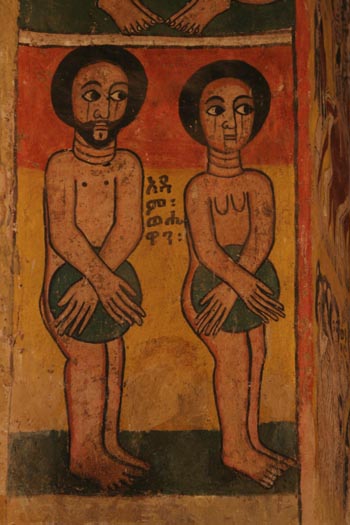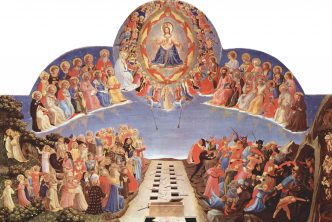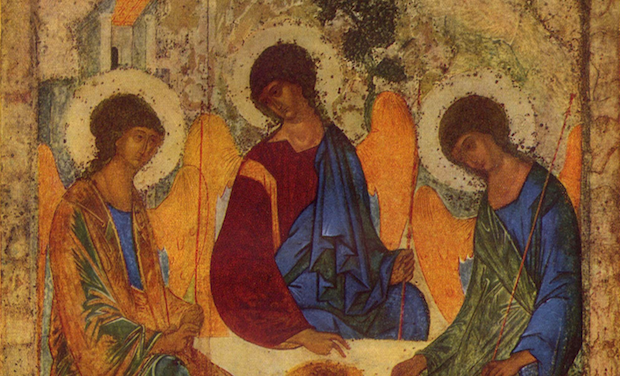The Theology of the Body Collection (7 vols.) ships this Friday, but you can still lock in a Pre-Pub price at nearly 30% off if you order it now. This is an indispensable collection for anyone interested in the discourse centered on sexuality, especially in our modern era.
 G. K. Chesterton wrote in his beautiful hagiography of St Francis that “the moment sex ceases to be a servant it becomes a tyrant.” The same might be said of any bodily passion, but Chesterton points out that there is something different about the sexual appetite compared to, say, that for food.[1] Why is it that sex takes on such a unique role in the spectrum of human appetites? What is it about sex that makes it one of the most central and contentious topics in all of human history?
G. K. Chesterton wrote in his beautiful hagiography of St Francis that “the moment sex ceases to be a servant it becomes a tyrant.” The same might be said of any bodily passion, but Chesterton points out that there is something different about the sexual appetite compared to, say, that for food.[1] Why is it that sex takes on such a unique role in the spectrum of human appetites? What is it about sex that makes it one of the most central and contentious topics in all of human history?
From September of 1979 to November of 1984, Pope John Paul II gave a series of 129 audience addresses aiming to wrestle with these very questions. John Paul II posits that it is the “body, and it alone” that is “capable of making visible what is invisible, the spiritual and the divine. It was created to transfer into the visible reality of the world, the invisible mystery hidden in God from time immemorial, and thus be a sign of it” (Feb 20, 1980). Pope John Paul II thus understands the human body as something that demands its own theological discourse: if we are the imago Dei (image of God), then it behooves us to study and understand that image so that we may better understand that which it reflects.
We live in a time when the conversation around human sexuality is not only extremely contentious, but all around us. When we turn on the news (or read our blogs), when we go to work, when our children come home from school with questions—the topic of sexuality is discussed everywhere. How best do we address this controversial and extremely important topic? The Theology of the Body Collection gives us more than just a place to start—it is a comprehensive collection giving us John Paul II’s enormous study and a set of six other resources that offer reflections on the theology of the body, as well as numerous other Catholic reflections on sexuality.
Get this important collection today and save 27% at our pre-pub price.
[1] Though it is obviously true that the consumption of food is something that has been contentious throughout all of human history as well: Dietary laws, food taboos—even our modern obsession with eating the “right kinds” of food—all point to the fact that our bodies are an essential part of our being. We are not disembodied spirits; God has created us in his image as embodied souls.






I would like to get Pope John Paul’s volume by itself. Is that available?
It sure is! Here’s a link to John Paul II’s Man and Woman He Created Them: A Theology of the Body.